Cooperation and memberships
The Private University of the Principality of Liechtenstein (UFL) maintains a diverse network of partnerships and memberships. National and international partners from science, research, politics, business and society help ensure that the UFL can effectively fulfil its teaching and research responsibilities. These connections create opportunities for exchange, joint projects and the sustainable development of the university.
The institutions with which UFL maintains partnerships or of which it is a member, either as an institution or through individual faculties, are presented here individually.
Partnerschaften in der Region
The UFL has a strong network in Liechtenstein and the surrounding region. Regional partnerships strengthen the exchange between science, practice and society.
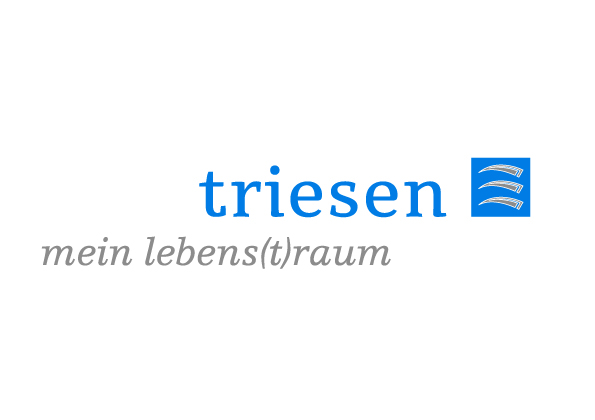
The municipality of Triesen is a public corporation in the Principality of Liechtenstein and is one of the oldest settlements in the country to be mentioned in historical records. Triesen has existed as a political municipality in its current form since 1808. It is responsible for local administrative tasks, operates schools and infrastructure, designs building and spatial planning, and promotes cultural and leisure activities. With facilities such as the Gasometer cultural centre, the municipality combines tradition and modernity, creating a vibrant environment for its population.
The Vorarlberg Institute for Vascular Investigation and Treatment, or VIVIT for short, was founded in 1997 by Prof. Heinz Drexel and designed as a non-profit association. Its headquarters are located at the Feldkirch Regional Hospital, supplemented by a laboratory in Dornbirn. VIVIT is dedicated to the research and treatment of metabolic, cardiovascular, renal and tumour-related diseases and focuses on the close integration of basic research and clinical application. The institute collaborates with numerous national and international partners, conducts biomarker analyses and studies, and makes a significant contribution to the advancement of medical research in German-speaking countries through its publications.
The Liechtenstein Palliative Care Network was founded in 2012 as a non-profit association. Its aim is to permanently establish and promote palliative care in the Liechtenstein healthcare system. The association connects specialists, raises awareness among the population and supports service providers in ensuring high-quality care. Through these activities, the Palliative Care Network makes an important contribution to comprehensive and humane care for seriously ill and dying people in Liechtenstein.
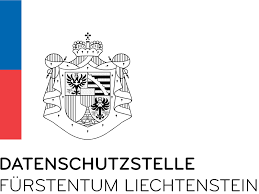
The Liechtenstein Data Protection Authority is the national supervisory authority for data protection and reports directly to the government. It has a legal mandate to provide information and advice on data protection issues and to monitor compliance with the regulations. It also represents Liechtenstein in international bodies and provides tools such as templates, checklists and forms. In this way, it supports citizens, businesses and public and private institutions in implementing data protection.

The Valens Clinic Group operates ten inpatient and three outpatient locations with a total of over 940 beds. It offers comprehensive interdisciplinary services in the specialist disciplines of neurological, musculoskeletal, pulmonary, cardiovascular, geriatric, internal oncological and psychosomatic rehabilitation, as well as early/monitoring rehabilitation and psychiatry. Interdisciplinary and interprofessional teams of doctors, nurses and therapists develop individual programmes for patients at all locations and accompany them throughout the entire recovery process – from the acute phase to reintegration into family, society and work. Approximately 2,300 employees work in Switzerland's largest rehabilitation clinic group, and around 11,000 patients receive holistic rehabilitation every year.

The Liechtenstein Data Protection Association (dsv.li) was founded on 3 April 2019 as an independent association. Its aim is to establish an active network for data protection officers and persons entrusted with data protection in Liechtenstein. The association issues technical recommendations and best practices, promotes exchange and cooperates with national and international data protection associations. It is also committed to developing the professional profile of data protection officers and supports the practical implementation of data protection standards.
The gemeinnuetzig.li initiative, supported by SOS-Kinderdorf (Liechtenstein) e.V., brings together associations and charitable institutions in Liechtenstein in a central directory. The platform helps donors, benefactors and the public to find out about charitable work and to support it in a targeted manner. It thus contributes to the visibility, networking and strengthening of the public welfare sector.
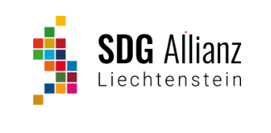
The SDG Alliance Liechtenstein is a network of civil society organisations that promotes the implementation of the 17 Sustainable Development Goals (SDGs). It brings together the expertise and commitment of its members, raises public awareness and provides tools such as the SDG Toolbox. The alliance connects stakeholders from civil society, science, business and politics and acts as a platform and voice for sustainability in Liechtenstein.
The Association of Liechtenstein Charitable Foundations and Trusts (VLGST) was founded in 2010 and opened its mandate to charitable trusts in 2019. As an umbrella organisation, it represents interests in the non-profit sector, promotes good governance standards and supports transparency. It connects its members, contributes to legal developments, promotes academic research on foundation and trust law issues and strengthens Liechtenstein as a location for non-profit legal entities.
The Palliative Academy St. Gallen was founded in 2021 by a team of professionals from palliative care and education. It is aimed at professionals in primary care as well as specialists in palliative care. The academy imparts specialist knowledge, attitudes and skills for dealing with life-limiting illnesses and complex situations. The course offering includes basic courses for doctors and a certificate programme (CAS IPC) that combines theory and practice to enable participants to take on leading roles in palliative care within a team.
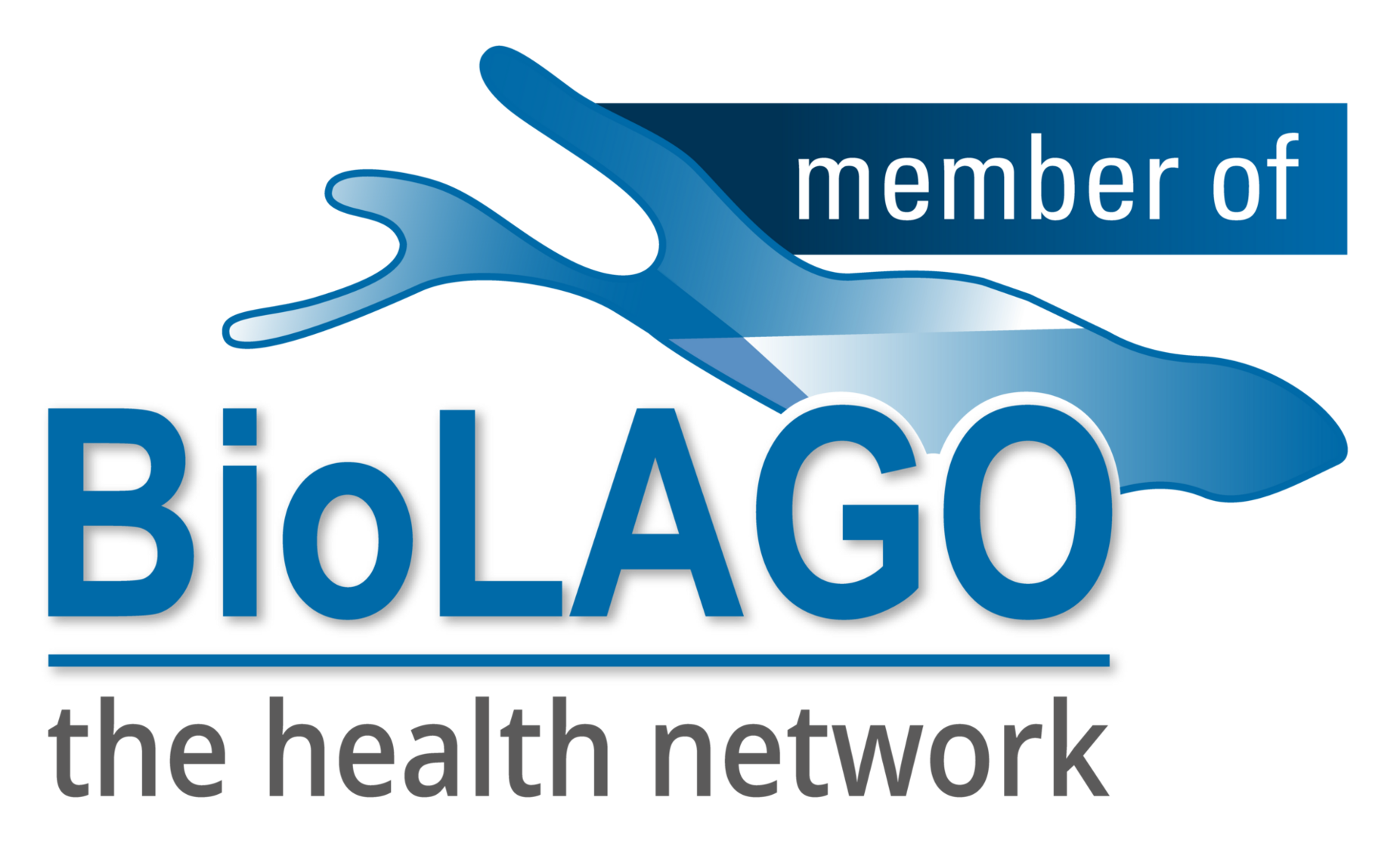
BioLAGO is a cross-border health network in the four-country region of Lake Constance (Germany, Switzerland, Austria and Liechtenstein). The association connects business and research in sectors such as medical technology, diagnostics, bioinformatics, pharmaceuticals and personalised medicine. It promotes innovative projects, cross-border cooperation and knowledge exchange between members from different countries and disciplines.
The Academia Raetica was founded in 2006 and is an association based in Davos that promotes science, research and education in the canton of Graubünden and the surrounding area. Its members include around thirty research institutes, universities and clinics, as well as several partner institutions. It promotes interdisciplinary further education, organises conferences such as ‘Graubünden forscht’ (Graubünden researches), connects researchers and offers information, advice and platforms for interdisciplinary exchange.
International cooperation and networks
The UFL collaborates with universities and research institutions worldwide. These collaborations promote teaching, research and scientific dialogue across borders.
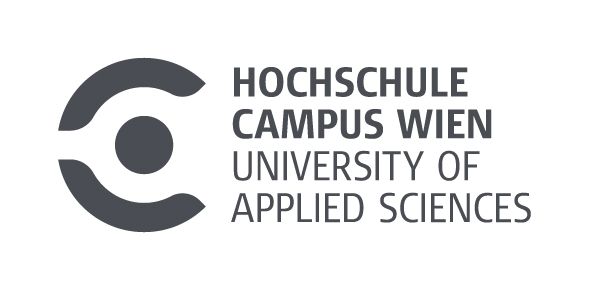
Founded in 2001, Campus Wien University of Applied Sciences is a university of applied sciences with a focus on practical transfer and innovation. It offers around 70 full-time and part-time study and continuing education programmes in a wide range of disciplines. Research and development are carried out in thematic centres of excellence that work closely with regional and international partners. As a member of the Sustainable Universities Alliance, the university participates in the further development of environment-related university strategies.
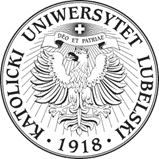
The John Paul II Catholic University of Lublin (KUL) was founded on 8 December 1918 and is a private Catholic university with an ecclesiastical orientation. It offers a wide range of study programmes in faculties such as theology, law, social sciences and humanities. The university combines scientific research with ethical and religious perspectives and promotes interdisciplinary exchange. With programmes in Polish and English as well as international collaborations, KUL positions itself as an active university in the European context.
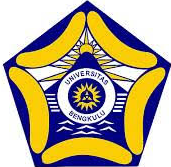
The University of Bengkulu (Universitas Bengkulu) was founded on 24 April 1982 as a public university. It comprises eight faculties, including education, law, economics, social sciences, natural sciences, technology and medicine. The university offers bachelor's and master's degree programmes and emphasises innovation, quality and practice-oriented teaching. It plays a central role as an educational and research institution in the Bengkulu region.
The Austrian Private Universities Conference (ÖPUK) represents the interests of privately organised universities in Austria. It represents their concerns to politicians, the media and the public and is committed to preserving and promoting academic freedom. ÖPUK promotes cooperation within the sector and with other types of higher education institutions, offers services and acts as a platform for exchange and networking. The UFL has also been actively involved as an associate member since 2022.
International centres
The UFL is part of international centres with thematic focuses. This leads to joint projects and long-term collaborations in a global context.
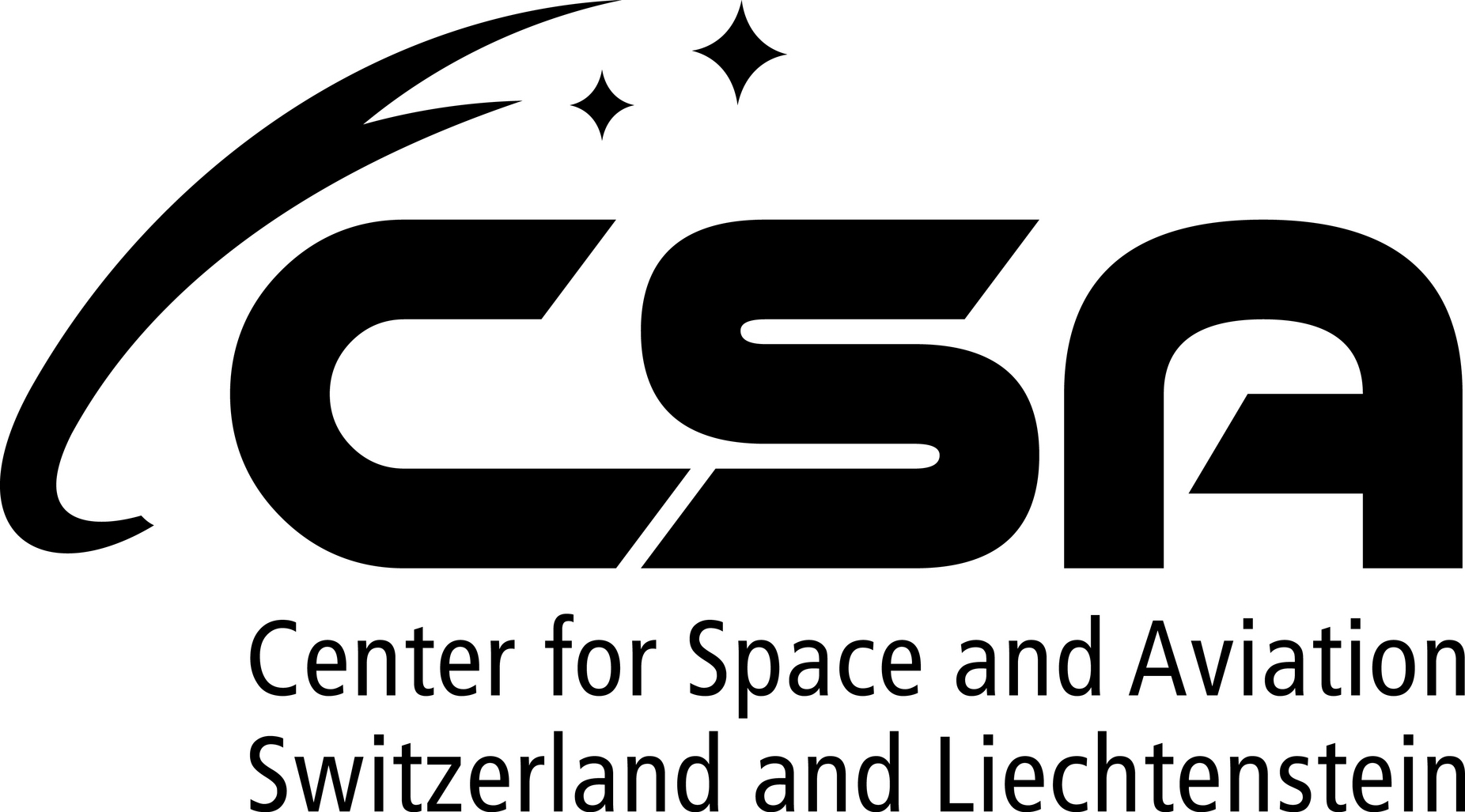
Center for Space and Aviation Switzerland and Liechtenstein (CSA) (Partner seit 2024 | Weiterbildung, Doktoratsprogramme Dr.scient.med | Forschung)
In 2024, leading institutions from the Greater Zurich Area and the Rhine Valley merged their space expertise to establish the CSA. This federal foundation, under the strategic direction of the Zurich cantonal government's decision on Space as a cantonal flagship (RRB-2024-372), aims to advance the New Space Economy through a unified approach.
Read more

